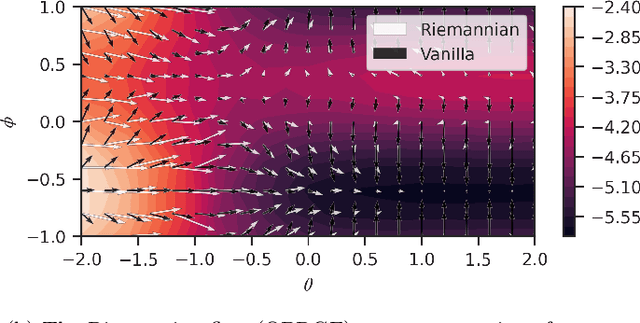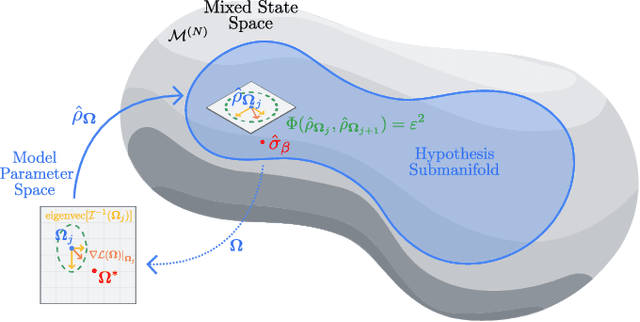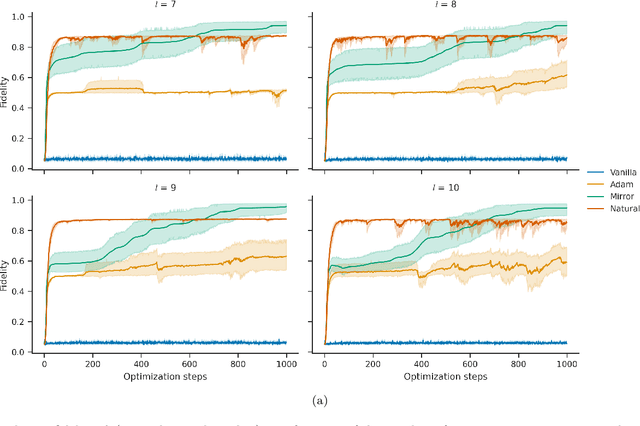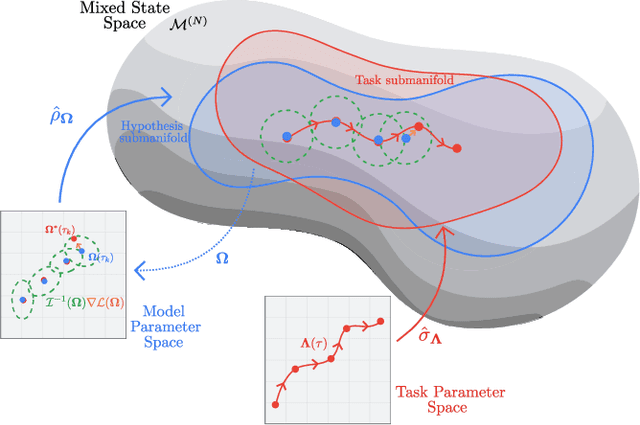Sahil Patel
University of Toronto
Exploitation Strategies in Conditional Markov Chain Search: A case study on the three-index assignment problem
Jan 30, 2024Abstract:The Conditional Markov Chain Search (CMCS) is a framework for automated design of metaheuristics for discrete combinatorial optimisation problems. Given a set of algorithmic components such as hill climbers and mutations, CMCS decides in which order to apply those components. The decisions are dictated by the CMCS configuration that can be learnt offline. CMCS does not have an acceptance criterion; any moves are accepted by the framework. As a result, it is particularly good in exploration but is not as good at exploitation. In this study, we explore several extensions of the framework to improve its exploitation abilities. To perform a computational study, we applied the framework to the three-index assignment problem. The results of our experiments showed that a two-stage CMCS is indeed superior to a single-stage CMCS.
Multiclass ASMA vs Targeted PGD Attack in Image Segmentation
Aug 03, 2022



Abstract:Deep learning networks have demonstrated high performance in a large variety of applications, such as image classification, speech recognition, and natural language processing. However, there exists a major vulnerability exploited by the use of adversarial attacks. An adversarial attack imputes images by altering the input image very slightly, making it nearly undetectable to the naked eye, but results in a very different classification by the network. This paper explores the projected gradient descent (PGD) attack and the Adaptive Mask Segmentation Attack (ASMA) on the image segmentation DeepLabV3 model using two types of architectures: MobileNetV3 and ResNet50, It was found that PGD was very consistent in changing the segmentation to be its target while the generalization of ASMA to a multiclass target was not as effective. The existence of such attack however puts all of image classification deep learning networks in danger of exploitation.
Provably efficient variational generative modeling of quantum many-body systems via quantum-probabilistic information geometry
Jun 09, 2022



Abstract:The dual tasks of quantum Hamiltonian learning and quantum Gibbs sampling are relevant to many important problems in physics and chemistry. In the low temperature regime, algorithms for these tasks often suffer from intractabilities, for example from poor sample- or time-complexity. With the aim of addressing such intractabilities, we introduce a generalization of quantum natural gradient descent to parameterized mixed states, as well as provide a robust first-order approximating algorithm, Quantum-Probabilistic Mirror Descent. We prove data sample efficiency for the dual tasks using tools from information geometry and quantum metrology, thus generalizing the seminal result of classical Fisher efficiency to a variational quantum algorithm for the first time. Our approaches extend previously sample-efficient techniques to allow for flexibility in model choice, including to spectrally-decomposed models like Quantum Hamiltonian-Based Models, which may circumvent intractable time complexities. Our first-order algorithm is derived using a novel quantum generalization of the classical mirror descent duality. Both results require a special choice of metric, namely, the Bogoliubov-Kubo-Mori metric. To test our proposed algorithms numerically, we compare their performance to existing baselines on the task of quantum Gibbs sampling for the transverse field Ising model. Finally, we propose an initialization strategy leveraging geometric locality for the modelling of sequences of states such as those arising from quantum-stochastic processes. We demonstrate its effectiveness empirically for both real and imaginary time evolution while defining a broader class of potential applications.
What Would Jiminy Cricket Do? Towards Agents That Behave Morally
Oct 25, 2021



Abstract:When making everyday decisions, people are guided by their conscience, an internal sense of right and wrong. By contrast, artificial agents are currently not endowed with a moral sense. As a consequence, they may learn to behave immorally when trained on environments that ignore moral concerns, such as violent video games. With the advent of generally capable agents that pretrain on many environments, it will become necessary to mitigate inherited biases from environments that teach immoral behavior. To facilitate the development of agents that avoid causing wanton harm, we introduce Jiminy Cricket, an environment suite of 25 text-based adventure games with thousands of diverse, morally salient scenarios. By annotating every possible game state, the Jiminy Cricket environments robustly evaluate whether agents can act morally while maximizing reward. Using models with commonsense moral knowledge, we create an elementary artificial conscience that assesses and guides agents. In extensive experiments, we find that the artificial conscience approach can steer agents towards moral behavior without sacrificing performance.
 Add to Chrome
Add to Chrome Add to Firefox
Add to Firefox Add to Edge
Add to Edge